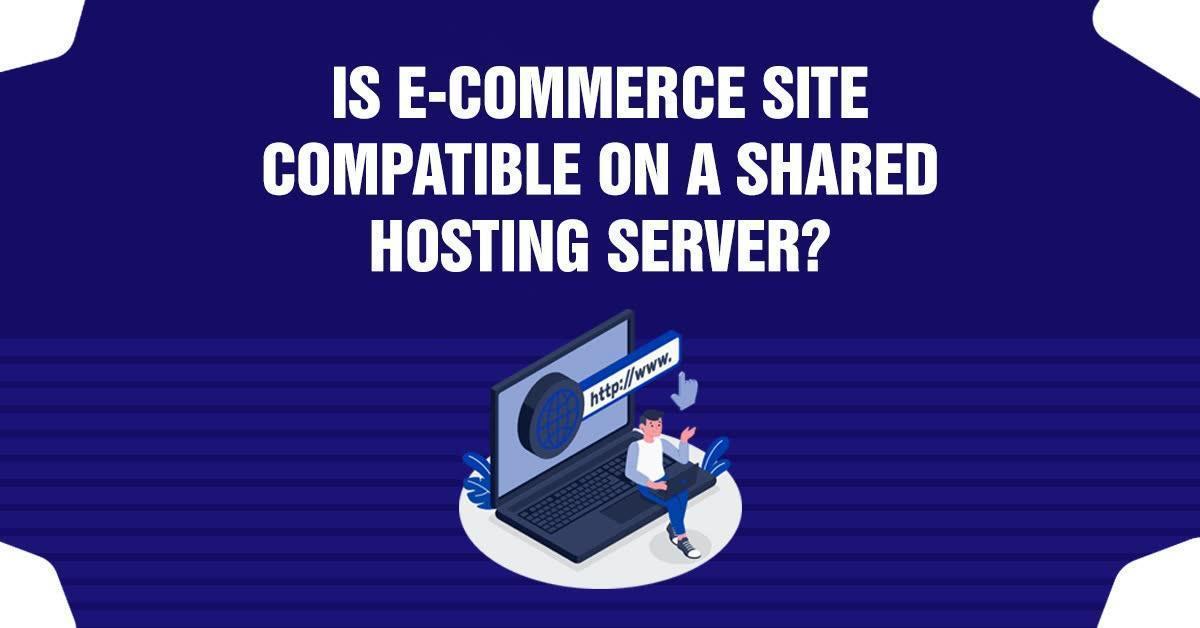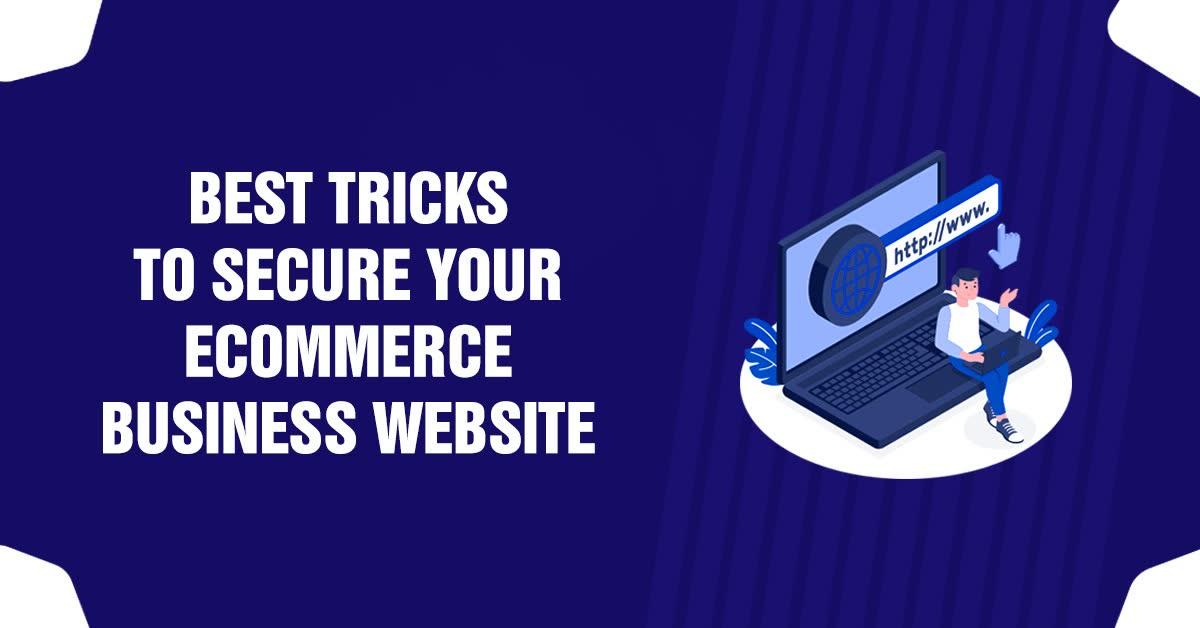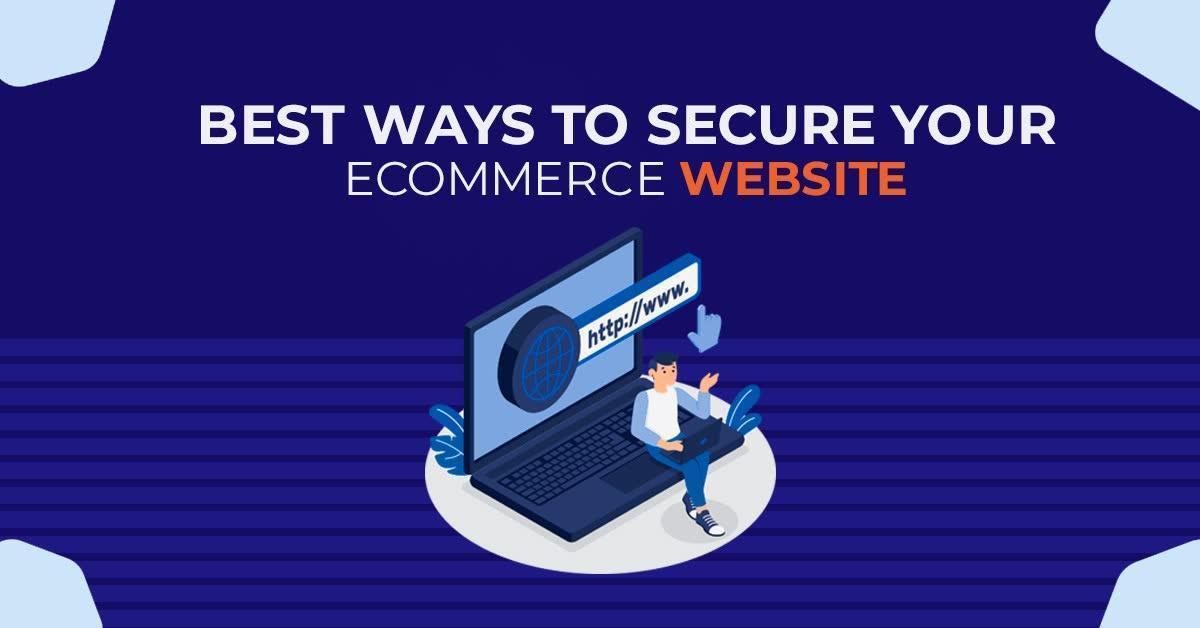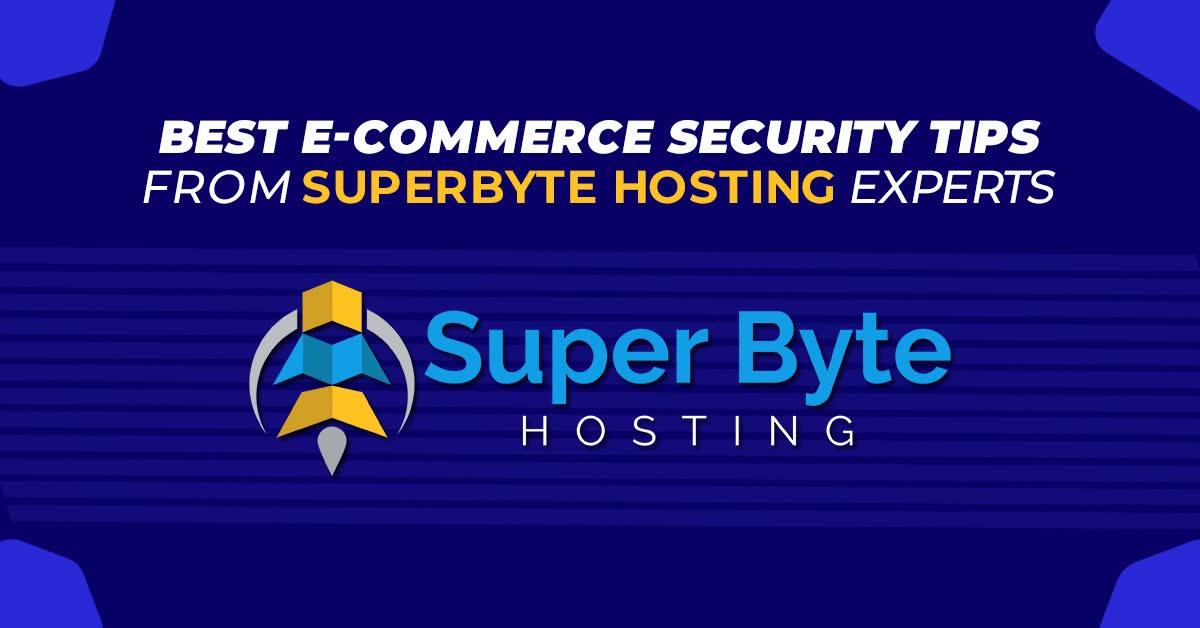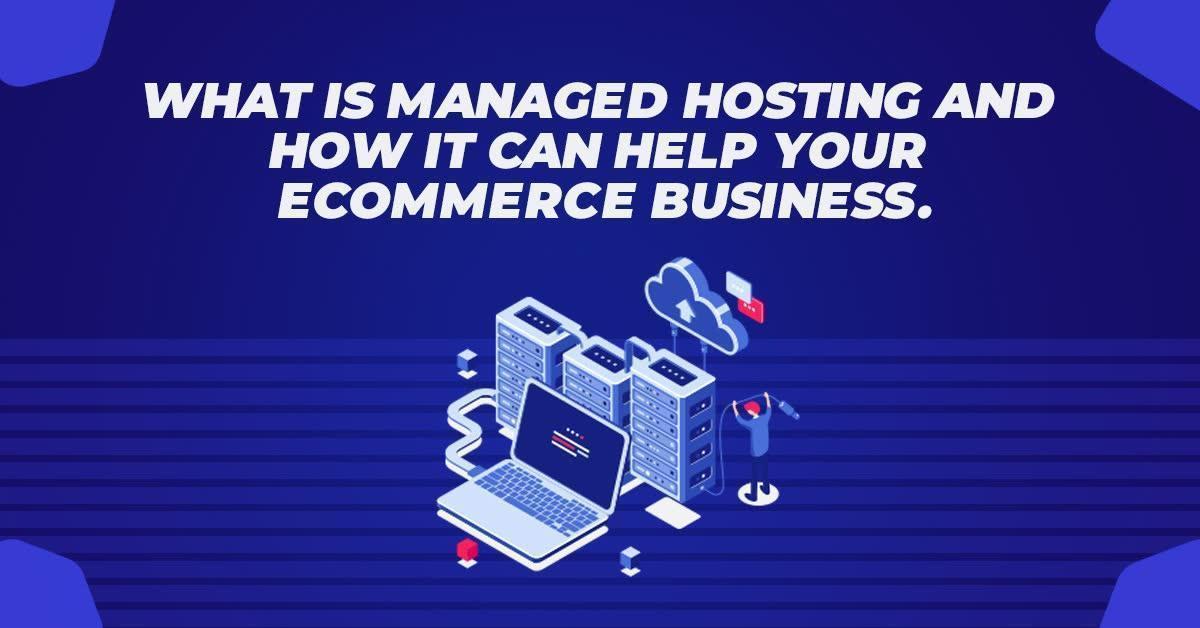Is E-Commerce Site Compatible On A Shared Hosting Server
Wanting to start an online business or do you already have a small-scale e-commerce website? Here are all the answers to your question regarding this. Each and every e-commerce site has to deal with a lot of customer data and maintain a big database to store all their sensitive and private information and other credentials. This is why it is absolutely necessary to ensure smooth uptime and high performance of the website so that there will not be any loss of business revenue, customers, or sales.
As you continue to read you will understand more about the important feature to look for, in a shared hosting provider and how you, as a business owner should select the most suited company. So, let us now get started on shared hosting and e-commerce websites!
Getting Started With Shared Hosting And E-Commerce Site
The most common misconception about shared hosting is that they are only suitable for websites with low traffic or e-commerce sites that do not need many resources. However, if the right kind of plan is available in shared hosting and is also compatible to accommodate the traffic of the website, then moving forward with shared hosting is very much appreciated. The most budget-friendly and affordable type of hosting is shared hosting, this is where multiple blogs and sites get hosted on a single server.
The blog or website is hosted on the same server in shared hosting, sharing resources like disk space, RAM, memory, CPU cores, and other resources as well. The major advantage of shared hosting is the cost-cutting feature. This feature makes the hosting service available for small-scale businesses and enterprises. Moreover, technical knowledge and expertise in the field are not required to get your way around shared hosting systems. The control panel is simple to understand and manage.
Just because it is budget-friendly, doesn’t mean that it is all you need in a hosting server. Shared hosting has several limitations. Such restrictions include not having complete control over the server, lack of access, etc. Plus, performance degradation and downtime occurrence might be an issue one might face. But, these disadvantages arise for e-commerce sites that have huge traffic and do not affect any other reason. So, if your e-commerce website does not attract high traffic and is still in the expanding stage, it is better to choose shared hosting as it is practical and financially beneficial.
Benefits Of Hosting an E-Commerce Site On A Shared Hosting Server
Here are some of the top reasons why shared hosting is best for e-commerce websites.
1. Increased performance
The performance of the e-commerce website is greatly impacted by the plan offered by the hosting service provider. This is because any action or issue will always be handled by the hosting service provider.
So, while choosing a website hosting service provider, make sure to choose a company that has the capacity to monitor and maintain the website by ensuring improved performance, better uptime, smooth page loading, etc.
2. High-end Security
The most essential and crucial aspect of hosting online sites is the security feature. E-commerce sites contain a large amount of user data including credential details and private or personal information. This is why hackers or attackers spend night and day trying to cause and breach and steal all sensitive information. Hackers usually exploit vulnerabilities and steal confidential information from an e-commerce website.
To ensure that such attacks do not happen the hosting company must monitor the site twenty-four-seven so that the site stays protected from all such attacks and issues. Make sure an SSL Certificate is available and all other in-built security features along with it and made accessibly. The website hosting company should take all the necessary measures to keep the site protected and safe for all its users at all times.
3. Low Cost
As an owner of a business enterprise, it is your top priority to choose a web hosting provider and plan that is most suitable to your website which is both cost-efficient and reliable. Start-ups and small-scale companies prefer low-budget plans to get all their work done.
Site performance, security, and cost are the three main features that make shared hosting effective and preferred. Not all users prefer shared hosting but all the shared hosting sites are getting the maximum features for the cost they pay.
What Is The Right Shared Hosting Plan For The E-Commerce Site?
In order to choose the right shared hosting plan, you need to get familiar with all the features that will be offered on a particular plan and analyze them, compare them and then come to a decision. Here are a few factors that are important when choosing a shared hosting service for an online store.
1. Reliability
The two main features that are important for a web hosting company are reliability and security. Reliability ensures clients’ performance and uptime, page speed, and improved user interaction. So, always go with companies that provide a better reliability experience.
2. Administrator Access
The web hosting service should offer a simple and easy-to-use control panel with admin access. With admin access, file uploading, apps, plugin installation, and website data can be easily accessed. This makes sure you have control over your website.
3. Customer Service
As a client, you will obviously have a lot of queries and questions regarding the smooth running of the site. You might want to make changes and doubt whether it is possible or have issues accessing clients’ data and others. During such cases, you need a ready customer support team to assist you with clearing all your doubts so, make sure the web hosting companies provide you with that.
The right website hosting provider will provide their clients with the best customer support service, the admin access to make sure that the owners have the ability to control their e-commerce site and reliability so that clients do not get disappointed.
Conclusion
Always check for reviews, it applies not only to products but also to software and hosting services as well. Though shared hosting is not suited for all, it is a great option to launch your new website for your e-commerce business. Shared hosting is best known for reliability, security, affordability, and scalability features. However, the key to getting access to all of this is, only when you choose the right hosting service provider that offers all these key features. To sum it up: think, compare, analyze and then choose the most appropriate option.



































